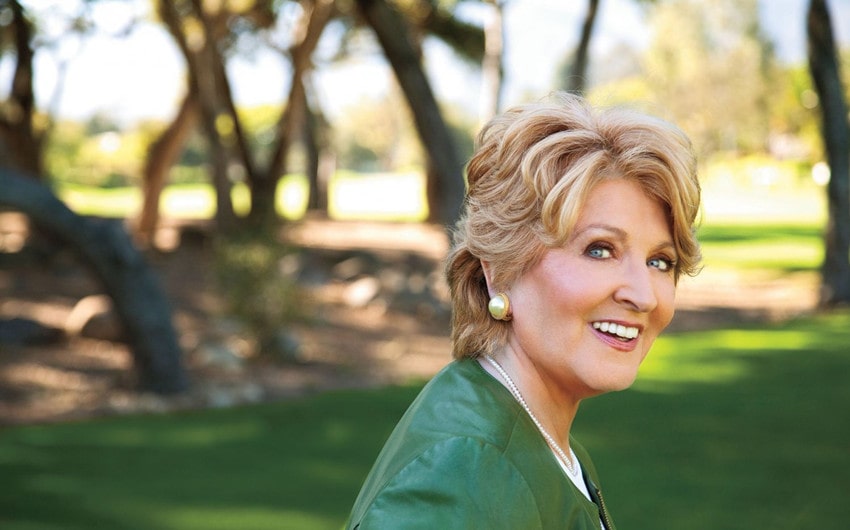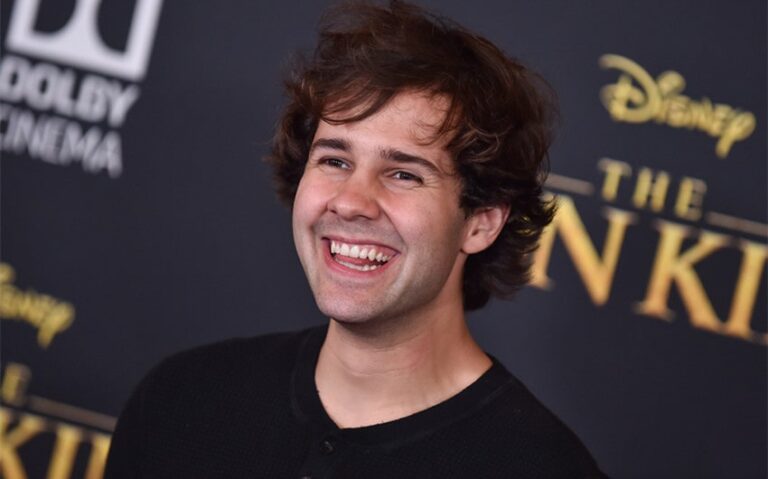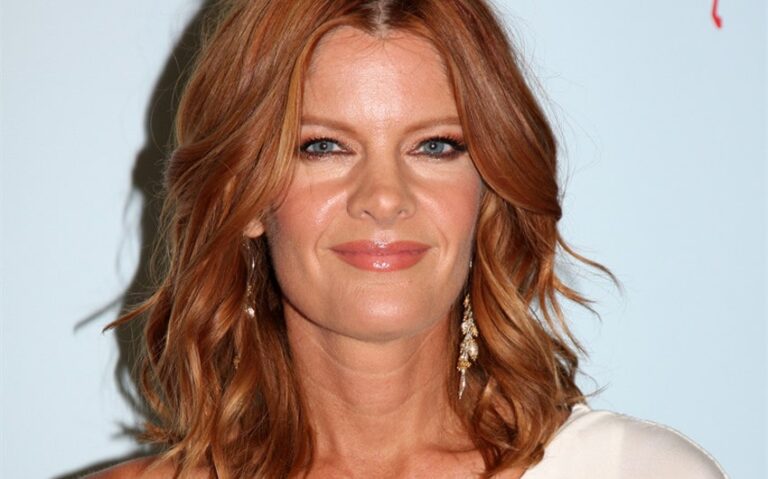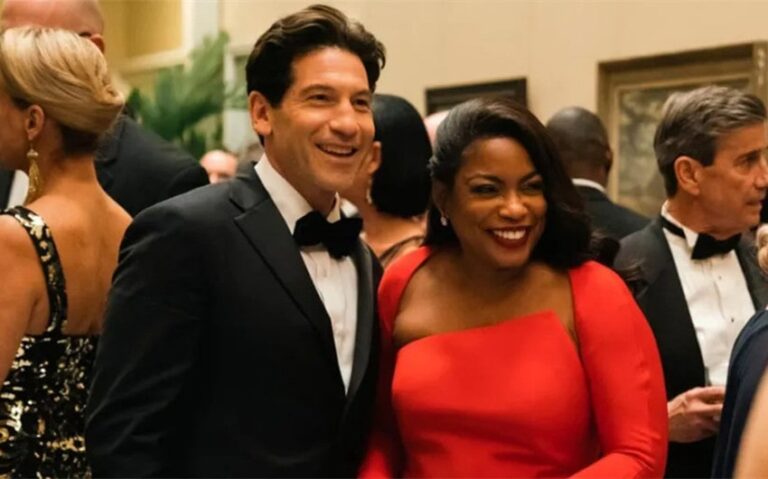Fannie Flagg’s Husband and the Truth About Her Private Life
For decades, readers and viewers have adored the warmth, wit, and Southern charm of Fannie Flagg. As the author of beloved works like Fried Green Tomatoes at the Whistle Stop Café, she has brought humor and heart to American literature and film. Yet, despite her fame, many fans continue to search for details about Fannie Flagg’s husband. The truth, however, is that there has never been a Fannie Flagg’s husband. The actress and author has never married, choosing instead to live her life independently while maintaining a deeply private approach to her personal relationships.
Who Is Fannie Flagg?
To understand why people are curious about her personal life, it helps to look at her career. Fannie Flagg, born Patricia Neal on September 21, 1944, in Birmingham, Alabama, grew up in the South, which would later become the rich backdrop for much of her writing. Because her birth name matched that of the famous actress Patricia Neal, she adopted the stage name Fannie Flagg early in her career to avoid confusion and to create a memorable identity of her own.
Her first big break came in television. During the 1960s and 1970s, she appeared on several popular shows, including Candid Camera and The New Dick Van Dyke Show. She was also a frequent guest on the game show Match Game, where her quick wit and lively personality made her a fan favorite. In acting, she also had roles in productions like Grease and Five Easy Pieces, which showcased her range and natural charm.
But it was writing that solidified Fannie Flagg’s place in American culture. Her 1987 novel, Fried Green Tomatoes at the Whistle Stop Café, became a bestseller and was later adapted into the critically acclaimed 1991 film Fried Green Tomatoes. The story, celebrating friendship, resilience, and Southern community life, earned an Academy Award nomination for its screenplay, which Flagg co-wrote. Since then, she has written several more novels, including Welcome to the World, Baby Girl! and Standing in the Rainbow, each filled with the warmth and humor her fans adore.
Fannie Flagg’s Husband—Fact or Fiction?
Given her fame, it is no surprise that fans are curious about Fannie Flagg’s personal life, and searches for “Fannie Flagg’s husband” appear regularly. However, the fact remains that she has never had a husband. Marriage was never a path she chose, and she has openly embraced her independence throughout her life.
Part of the misconception comes from the way society has historically expected women, particularly public figures, to marry. For much of the twentieth century, the absence of a husband was often seen as unusual, especially for women in the public eye. This cultural expectation continues to fuel speculation about her marital status. However, in Flagg’s case, her independence and private choices have never diminished her impact or popularity. Instead, her life is a reminder that marriage is not a requirement for fulfillment or success.
Relationships in Her Life
Although there was never a Fannie Flagg’s husband, she has had meaningful relationships. Perhaps the most widely known is her relationship with author and activist Rita Mae Brown, which took place in the late 1970s. Rita Mae Brown, best known for her groundbreaking novel Rubyfruit Jungle, was a significant figure in literature and LGBTQ+ activism. Their relationship was an important part of Flagg’s personal history, and the two were considered a high-profile couple in literary and social circles of the time.
Beyond that relationship, Fannie Flagg has kept details of her romantic life extremely private. She has never courted media attention for her personal affairs, preferring instead to let her work speak for her. While some celebrities thrive on publicizing their relationships, Flagg has consistently chosen discretion. For her, companionship and relationships have always been private matters, separate from her public identity as a writer and entertainer.
Why Fannie Flagg Values Privacy
One of the defining traits of Fannie Flagg’s career has been her insistence on keeping her personal life separate from her professional achievements. Unlike many celebrities who allow their private affairs to become tabloid fodder, Flagg has resisted this approach. Instead, she has focused on her creative contributions.
Her choice reflects not only her personal preferences but also her generational context. Coming of age in the mid-twentieth century, when discussions about sexuality and non-traditional relationships were often taboo, Flagg may have felt the need to shield aspects of her personal life from public scrutiny. At the same time, her emphasis on privacy can be seen as an empowering decision—an assertion that she deserves to control her own narrative.
By maintaining these boundaries, Flagg has avoided being defined by her relationships or lack thereof. Instead, she is defined by her creativity, her humor, and the body of work that continues to resonate with audiences around the world. Her decision to remain private underscores an important truth: a woman’s value is not determined by whether she has a husband.
Legacy Beyond Personal Life
Fannie Flagg’s true legacy lies in her contributions to literature and film. Her novels are celebrated for their warmth, humor, and deep connection to Southern culture. They have been translated into multiple languages, bringing her stories to audiences worldwide. Fried Green Tomatoes alone remains a cultural touchstone, reminding readers and viewers alike of the enduring importance of friendship, resilience, and community.
In addition to her books, her screenwriting achievements and acting roles demonstrate her versatility. She has shown that a creative career can evolve in unexpected directions, from game show panels to bestselling novels to Academy Award nominations.
Just as importantly, her life stands as an example of independence and authenticity. By living outside traditional expectations and refusing to be defined by marital status, she has inspired others to embrace their own paths. In this way, her life itself carries a message as powerful as any of her books: happiness and fulfillment come in many forms, and each person has the right to choose their own journey.
Featured Image Source: southernliving.com






